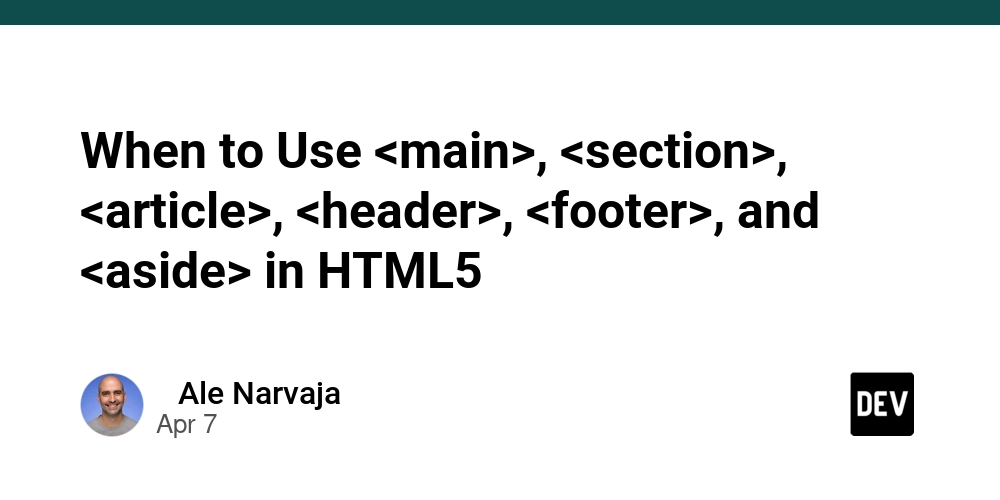Understanding why students cheat and use AI: Insights for meaningful assessments
In recent years, the rise of AI technologies and the increasing pressures placed on students have made academic dishonesty a growing concern. Students, especially in the middle and high school years, have more opportunities than ever to cheat using AI tools.


Key points:
- Educators should build a classroom culture that values learning over compliance
- 5 practical ways to integrate AI into high school science
- A new era for teachers as AI disrupts instruction
- For more news on AI and assessments, visit eSN’s Digital Learning hub
In recent years, the rise of AI technologies and the increasing pressures placed on students have made academic dishonesty a growing concern. Students, especially in the middle and high school years, have more opportunities than ever to cheat using AI tools, such as writing assistants or even text generators. While AI itself isn’t inherently problematic, its use in cheating can hinder students’ learning and development.
As educators, it is important to understand the underlying causes of this behavior and develop assessments that encourage academic integrity. This article explores the major reasons students resort to cheating and using AI, and offers strategies to help teachers design assessments that minimize these tendencies, informed by the latest research on assessment practices.
1. The material feels irrelevant or unvaluable to students
One of the primary reasons students cheat is that they don’t perceive the material being tested as valuable or relevant to their lives. When students fail to see the connection between what they’re learning and the real world, they lose motivation to engage meaningfully with the content. This lack of relevance can make assessments feel like an obstacle rather than a learning opportunity.
How this leads to cheating: When students view an assessment as irrelevant, they are less likely to take it seriously. Instead of investing the time and effort required to study and prepare, they may turn to AI or other shortcuts to complete the task quickly.
Solution for teachers: To combat this, it’s important to make learning experiences relevant. Teachers should strive to connect the content to real-world applications that resonate with students. Research indicates that authentic assessments, which apply classroom learning to real-world contexts, can significantly increase student engagement and minimize cheating. Teachers can implement project-based learning or real-world problem-solving scenarios, which not only align with educational standards but also enhance the relevance of the content for students.
2. Lack of focus on academic integrity, trust, and relationship building
Students are less likely to value academic integrity if they don’t understand its importance or don’t feel connected to their teachers. A lack of trust in the classroom can lead students to believe that they won’t face consequences for cheating or that they will be unfairly judged, reducing their sense of accountability.
How this leads to cheating: Without an emphasis on academic integrity or a strong student-teacher relationship, students may feel less inclined to follow the rules. AI may then seem like a less risky alternative, as they believe there are no strong repercussions for dishonest behavior.
Solution for teachers: Teachers can foster a culture of integrity by establishing trust and open communication. By building strong relationships with students, teachers can create an environment where students feel valued, understood, and respected. Research on virtual assessments suggests that having clear and consistent communication about academic honesty and integrity can enhance trust and reduce cheating behaviors. Additionally, teachers can integrate discussions on the value of learning and integrity into the curriculum, using tools like student reflections and peer feedback to reinforce these values.
3. More focus on grades than learning
When students are preoccupied with grades, they often lose sight of the learning process itself. The pressure to perform well on assessments can create a situation where the grade becomes more important than the actual knowledge being gained. This emphasis on grades over learning can lead to unhealthy study habits and a desire to cheat.
How this leads to cheating: In environments where grades are the primary focus, students may be more inclined to take shortcuts–such as using AI–if they feel it will help them achieve the grade they desire. They may view learning as a means to an end, rather than a valuable process.
Solution for teachers: Teachers can shift the focus from grades to mastery of content by using assessments that encourage learning and growth. Research supports the use of formative assessments–ongoing checks for understanding that provide both teachers and students with timely feedback. This approach encourages a focus on learning rather than performance. When teachers prioritize feedback and progress over final grades, students are more likely to see value in the process and less likely to turn to cheating.
4. High stress, pressure, or anxiety around assessments
The pressure to perform well on high-stakes tests or assignments can be overwhelming, especially for students who struggle with anxiety or feel that they have something to prove. This anxiety can lead students to seek out AI tools as a quick and easy solution to avoid failure or mitigate their stress.
How this leads to cheating: When students are under significant stress or pressure, cheating may feel like a way to protect themselves from the potential consequences of failure. The fear of not meeting expectations can make the use of AI seem like a necessary coping mechanism.
Solution for teachers: To reduce stress and anxiety, teachers can create a low-stakes environment where assessments are viewed as opportunities to learn rather than tests of ability. Research into virtual assessments highlights the importance of minimizing student stress by reducing the high-stakes nature of assessments, using alternative assessments that require more than just factual recall. Teachers can use methods such as open-book assessments, project-based learning, or assessments with clear criteria that allow students to revise and improve their work. This approach reduces the fear of failure and minimizes the need for cheating.
5. Students have no agency in the assessment process
When students have no say in how they are assessed or the types of assignments they complete, they may feel disconnected from the assessment process. This lack of agency can result in disengagement, making cheating or using AI more likely because students feel that their input doesn’t matter.
How this leads to cheating: If students feel disempowered or uninvolved in the assessment process, they may lose motivation to engage with the material in an authentic way. AI may become a quick fix for tasks they feel hold no personal connection or value.
Solution for teachers: Teachers can empower students by involving them in the assessment process. Offering choices in how they demonstrate learning–such as selecting project topics or choosing between different types of assessments (e.g., written essays or multimedia presentations)–can help students feel more invested. Research suggests that when students have opportunities to demonstrate mastery through alternative, performance-based assessments, they are more engaged and less likely to cheat. Additionally, providing clear rubrics, involving students in self-assessment, and offering opportunities for revision can increase student ownership of the learning process.
Understanding why students cheat and use AI is crucial in designing assessments that promote academic honesty and meaningful learning. By addressing the root causes–such as irrelevant material, lack of focus on integrity, the pressure of grades, high stress, and lack of student agency–teachers can create environments where students are motivated to engage with their work authentically. Research into virtual and formative assessments suggests that using strategies like alternative assessments, continuous feedback, and collaborative learning opportunities can help reduce cheating and encourage a deeper connection to learning. When assessments are designed to foster learning, trust, and student ownership, the temptation to cheat diminishes. It’s up to educators to rethink traditional assessment methods and build a classroom culture that values learning over compliance.
Works Cited
Hanover Research. (2020). Best practices in virtual assessments. Hanover Research.
Liberman, J., Levin, V., & Luna-Bazldua, D. (2020). Are students still learning during COVID-19? Formative assessment can provide the answer. World Bank. Retrieved from https://blogs.worldbank.org/education/are-students-still-learning-during-covid-19-formative-assessment-can-provide-answer
National Center on Educational Outcomes. (2020). Five formative assessment strategies to improve distance learning outcomes for students with disabilities. National Center on Educational Outcomes. Retrieved from https://eric.ed.gov/?q=formative&ft=on&ff1=dtySince_2016&pg=2&id=ED605750
O’Keefe, L., et al. (2020). Delivering high-quality instruction online in response to COVID-19: Faculty playbook. Online Learning Consortium. Retrieved from https://eric.ed.gov/?q=collaboration+online+learning&ft=on&ff1=dtySince_2016&id=ED605351
Smarter Balanced Assessment Consortium. (2020). Remote learning and the formative assessment process. Smarter Balanced Assessment Consortium. Retrieved from http://www.smarterbalanced.org/remote-learning-and-the-formative-assessment-process/









































































